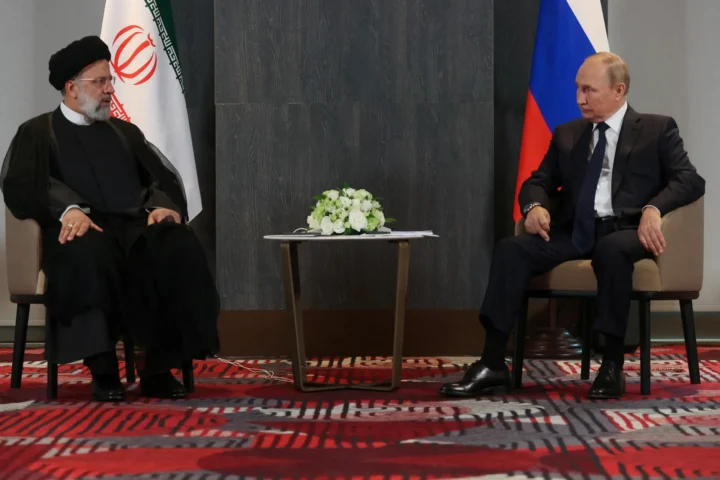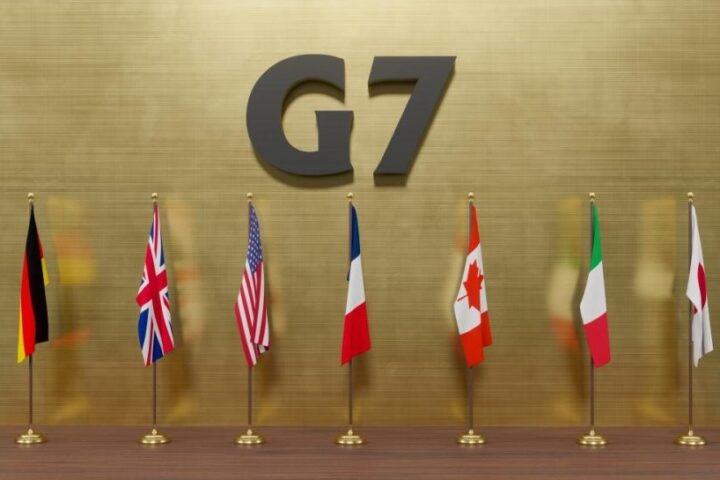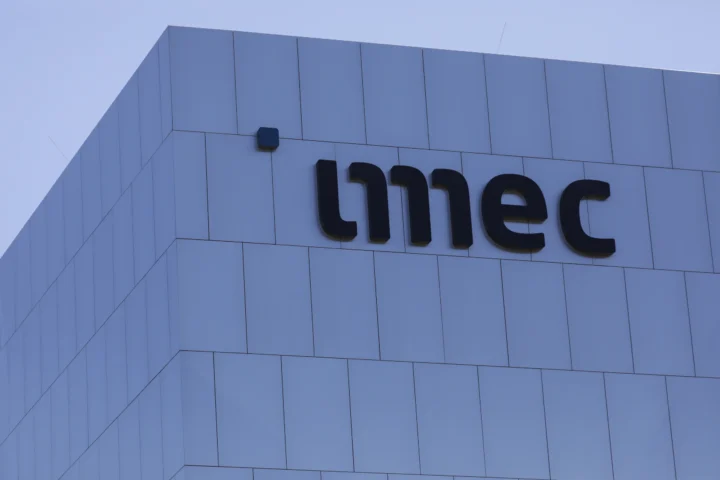Brussels will examine whether Beijing favors local suppliers under the “Buy China” policy to the disadvantage of EU firms. China responded that the EU was damaging its image and engaging in protectionism.
The European Commission on Wednesday announced it is launching an investigation into Chinese public procurement of medical devices.
The 27-member bloc fears China favors local suppliers under the “Buy China” policy.
The Commission’s announcement comes weeks after it opened investigations into two Chinese solar panel manufacturers it suspected of receiving unfair subsidies from Beijing.
What do we know about the probe into Chinese medical device procurement?
The EU’s official journal said Brussels was concerned that Beijing was imposing conditions “leading to abnormally low bids that cannot be sustained by profit-oriented companies.”
“The… restrictive measures and practices put at a significant and systematic disadvantage [EU] economic operators, goods and services as they systematically favor the procurement of domestic products to the detriment of imported ones,” the EU journal said.
This is the first probe under the EU’s International Procurement Instrument.
If the investigation finds EU companies have been unfairly treated, Brussels can limit Chinese firms’ access to the public procurement market in the bloc.
The EU journal said China was “invited to submit its views and to provide relevant information” and could “enter into consultation with the Commission in order to eliminate or remedy the alleged measures or practices.”
The Chinese medical devices market is worth around €135 billion ($145 billion), according to a 2023 report by the Berlin-based think tank MERICS, making it the second-largest in the world after that of the United States.
China accuses EU of sending ‘protectionist’ signals
In response to the probe, Beijing warned that the EU was causing “damage” to its image and accused the bloc of economic protectionism.
“The European Union has frequently made use of its trade toolkit and trade relief measures, but they only give off protectionist signals, target Chinese enterprises, and damage the EU’s image,” Foreign Ministry spokesperson Wang Wenbin said, referring to the EU’s new economic security safeguards.
The EU adopted a number of measures at the start of the year aimed at keeping technology and key infrastructure out of the hands of global rivals. They include rigorous screening of foreign investment and tighter controls on exports and tech research.
In recent years, EU officials have increasingly argued for the implementation of policies to “de-risk” the bloc’s economic ties with China.
Source: Dw








